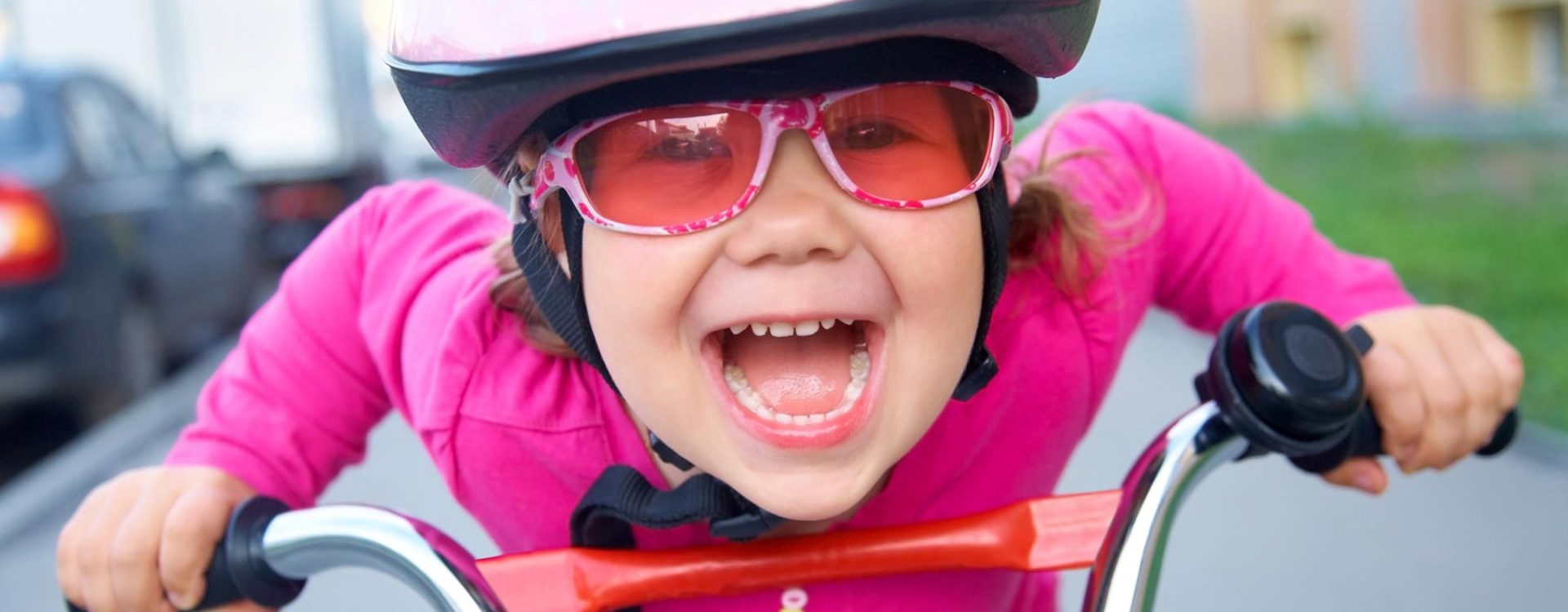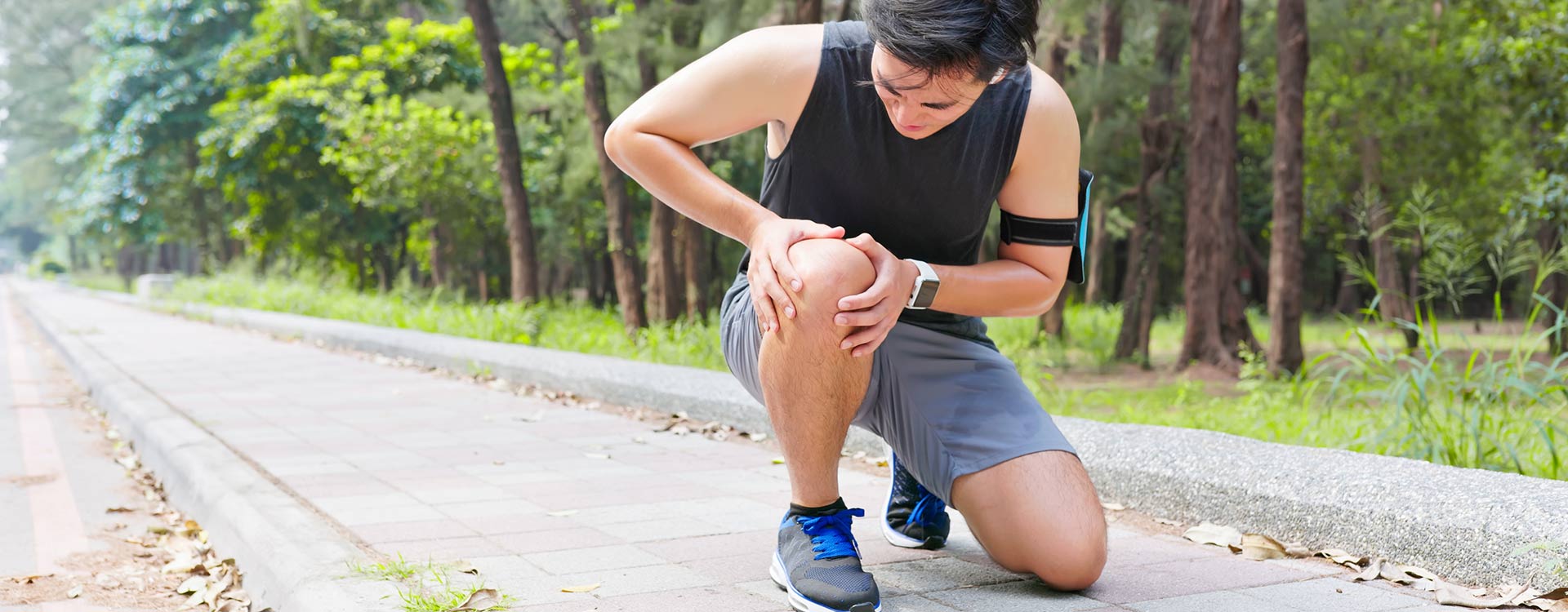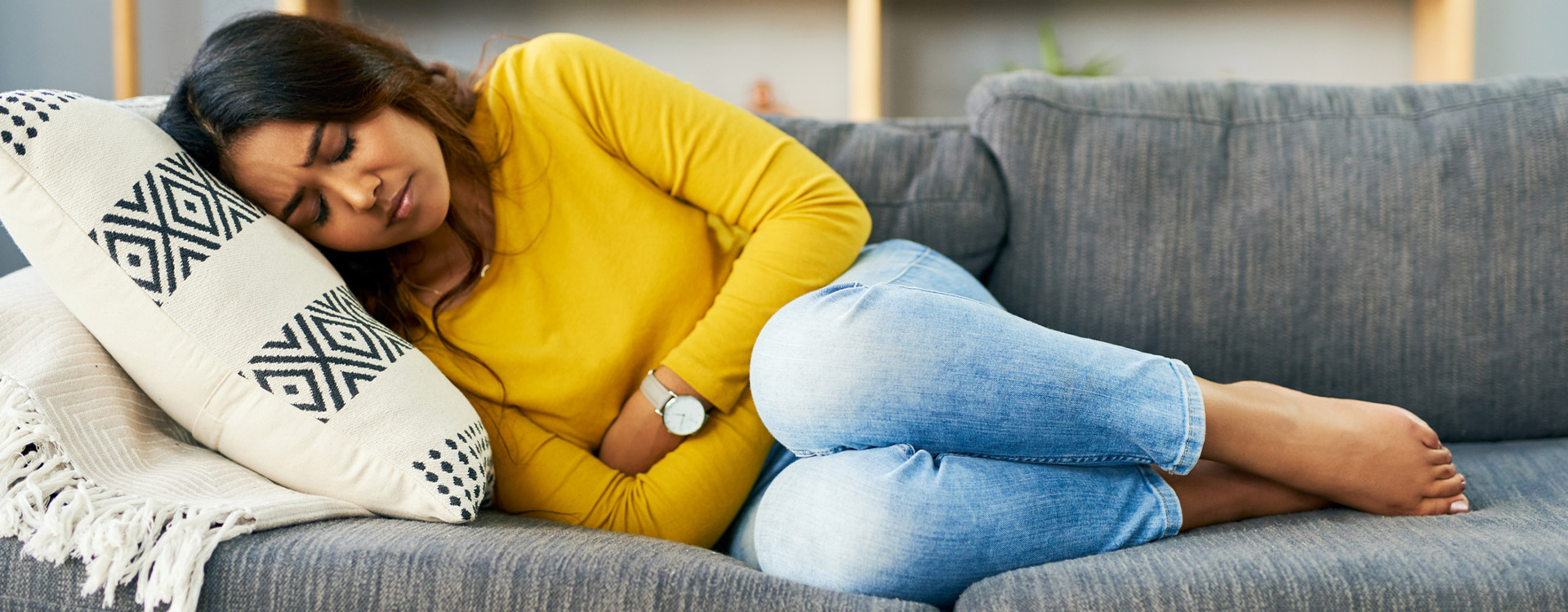One of the best parts of childhood is playing outside in the summer. Wherever summer fun finds your children, here are some tips to keep them safe:
Dressing for Summer Fun
Sunscreen with SPF – Apply broad-spectrum sunscreen between SPF 15 and 50 thoroughly to their skin at least 15 minutes before sun exposure to prevent sunburn. Keep babies under 6 months out of the sun.
Breathable, light clothes –Dress your child in breathable, light-colored clothing, a wide-brimmed hat and sunglasses with 99 percent UV protection, especially at the pool. I also recommend clothing with UV protection; check for a UPF rating on the label. Avoid bright-colored or floral-printed clothing and scented soaps or lotions, which can attract insects.
Sturdy shoes – Kids should wear sturdy, closed-toe shoes when playing outside and hiking.
Bike helmets – Your child should always wear a helmet when riding a bike, no matter what. Make sure the helmet fits properly (it shouldn’t be loose and should stay in place) and is secured by buckling the chin strap.
Life jackets – Children should always wear life jackets when participating in waters sports, like canoeing, boating or jet skiing.
Insect repellent – Use insect repellent with no more than 30 percent DEET on children over the age of two months. Place mosquito netting over baby carriers and strollers. Lightly apply repellent to your child’s clothes and exposed skin, avoiding the face, eyes and mouth. Once inside, bathe your child in soap and warm water to remove the repellent.
Water bottles – Make sure your children have access to water and are drinking it regularly throughout the day, particularly when playing outside or at the pool.
Avoiding Summer Illness and Injury
To keep your kids safe and healthy this summer, both indoors and outdoors, be mindful and cautious about these activities:
Check for ticks – Before hiking or walking through grassy areas, dress your children in light-colored clothing with long pants and sleeves, and tuck their pants into their socks. Check your kids thoroughly for ticks each day after they play outdoors.
Car safety – Never leave a child unattended in a car. Vehicles can heat up by as much as 19 degrees in just 10 minutes.
Weather safety – If you hear thunder, lightning is possible and you should head indoors. It doesn’t have to rain for lightning to strike. Never allow your children to swim during a lightning storm. Avoid open windows, showers, bathtubs, sinks and toilets during lightning storms.
Bicycle safety – The bike should also be the right size for your child. A kid should be able to touch the ground with the balls of both feet while sitting on the bike seat. If your child rides on the street, teach them proper hand signals and how to obey traffic laws, and instruct them to ride on the right side of the road with traffic. Don’t allow kids to ride at night. Even with reflective gear, it isn’t safe.
Swimming supervision – Kids of all ages should be supervised by an adult around a pool or body of water. This adult should know how to swim, be undistracted and know how to perform CPR. Children under the age of 5 should be within arm’s reach of an adult while in the water.
Pool safety – Do not allow running, electrical devices or riding toys near the pool. Also, don’t permit diving if the pool isn’t deep enough. Keep toys out of the pool when it’s not in use so children aren’t tempted to reach for them. Install a fence completely around the pool area to further protect your kids and any other children nearby.
Trampoline safety – The American Academy of Pediatrics (AAP) discourages trampoline use at home. If possible, visit a trampoline center. If you do use a trampoline at home, only one child should be allowed to be on the trampoline at a time and should always be supervised by an adult.
Staying home alone – The AAP suggests kids ages 11 and above are usually old enough to stay home alone during the day for up to three hours. Before leaving your child home alone, talk about what to do if someone calls or knocks on the door, there is a fire or water leak, or another emergency. Be sure you have a trusted neighbor nearby and leave a list of emergency contact numbers.
By putting these tips into practice, you can help your kids have a memorable, healthy summer. If summer illness or injury strikes, find your nearest primary care provider or Pardee Urgent Care location.





